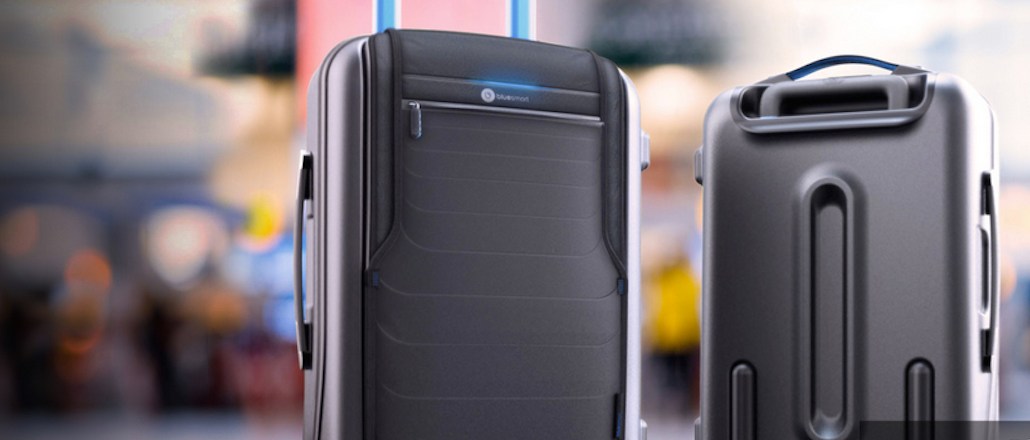Save 50% on a 3-month Digiday+ membership. Ends Dec 5.

Amazon is carving out a section within its crowded catalog for new consumer startups.
On Tuesday, the company rolled out Amazon Launchpad, an Amazon Prime store for startups selling new products in categories like tech, beauty, home goods and grocery. Amazon has tapped venture capital firms, startup accelerators and crowdfunding platforms in order to recruit companies for the marketplace. Mattress company Casper and smart luggage startup Bluesmart are among the first to appear on Amazon Launchpad.
Amazon is offering a type of starter package for building a brand. Amazon will handle startups’ inventory management, order fulfillment and customer service, as well as assist in brand development and global reach. Each startup in Amazon Launchpad also has its own detailed product pages, which include photos, videos and a Q&A with the company’s founders.
Amazon currently provides a solution for startups through Amazon Web Services, which offers a technology platform for new companies launching their businesses and effectively grow them. Through Launchpad, Amazon becomes a more prominent partner in the startups business and transactions.
“I think stuff like this will get lost in the chaos of Amazon,” said Sucharita Mulpuru-Kodali, retail analyst at Forrester. “Amazon isn’t a browse destination, or even that much of a discovery engine.”
Slava Rubin, CEO of Indiegogo, said that Amazon approached the crowdfunding platform. Amazon asked for suggestions of startups that could be part of Launchpad, providing the team with “specific criteria.” Rubin couldn’t elaborate on what that criteria was, but items in the Indiegogo collection on the Launchpad include multiple wireless speaker systems, a digital home security system, and Pavlok, a wearable device that helps the wearer break bad habits.

Ad position: web_incontent_pos1
“It’s about looking to the future — Amazon is taking a gamble that some of these products will pan out, and then Amazon will be part of their infrastructure and close to the data,” said Forrester’s Adam Silverman.
Amazon Launchpad looks like a way for the retailer to become privy to valuable consumer data, especially in the tech sector, he said.
“It will be interesting to see how Amazon invests in marketing these products,” said Silverman. “The real benefit today is providing products to Prime customers, who are often tech savvy, and then collecting data and insight on new products.”
Amazon has made attempts to curate its massive catalog, but nothing’s stuck. Its recently launched curated page of products — headed “Beautiful things, updated daily” — seems to channel a Pinterest board or Instagram feed, gathering clothing and accessories meant to inspire purchases. Upon closer look, however, it’s simply a sponsored product page, as noted in the upper right corner.

Ad position: web_incontent_pos2
“Unless Amazon can get these [startup] products to other wholesale buyers, or otherwise put effort behind the product launches, it won’t deliver much to Amazon or to the entrepreneurs it’s partnering with,” said Mulpuru.
Amazon has clearly gone to some effort to build a native home for these companies, but it likely won’t be blasting these startups and their stories on the homepage anytime soon, according to Silverman. The startups will benefit by building a close association with Amazon from the get-go, but they shouldn’t leave it all in the hands of the retail giant.
“[Amazon] is really great about helping you buy when you’re down the funnel,” said Mulpuru-Kodali. “Many of these products still need to engage in their own customer acquisition marketing to even drive interest in their product. I don’t see Amazon doing this in any way that’s going to be a huge catalyst to these products.”
More in Marketing

Ulta, Best Buy and Adidas dominate AI holiday shopping mentions
The brands that are seeing the biggest boost from this shift in consumer behavior are some of the biggest retailers.

U.K. retailer Boots leads brand efforts to invest in ad creative’s data layer
For media dollars to make an impact, brands need ad creative that actually hits. More CMOs are investing in pre- and post-flight measurement.
Ad position: web_bfu
